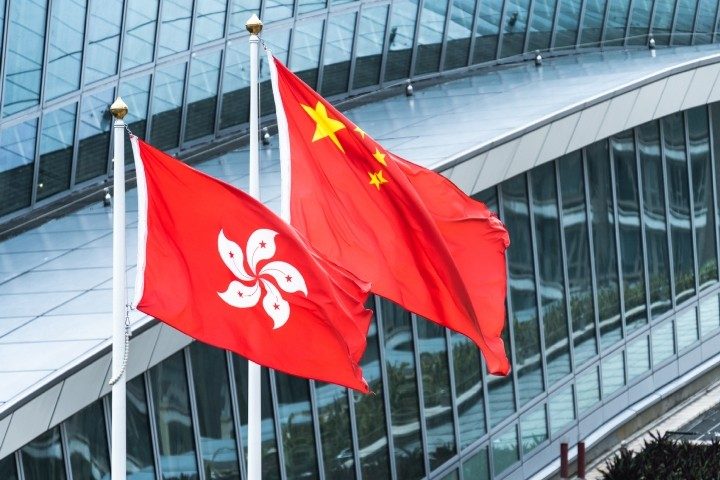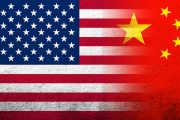
Chinese President Xi Jinping on Wednesday gave an endorsement of the first legislative elections held in Hong Kong under new laws that stipulate only “patriots” who have demonstrated loyalty to Beijing may run.
Politicians backed by the Chinese Communist Party (CCP) swept the elections for the 90-seat Legislative Council on Sunday. Only 20 seats were directly elected, and the 30.2-percent turnout was the lowest seen since the British returned Hong Kong to Beijing in 1997.
All of the candidates were vetted by a pro-Beijing committee before they could be nominated.
Xi told Hong Kong Chief Executive Carrie Lam in Beijing on Wednesday that after the elections, he is certain Hong Kongers will join in “realizing the great rejuvenation of the Chinese nation.”
“The execution of the new election system adheres to the ‘one country, two systems’ principle,” Xi said, in reference to the gradually eroding framework under which Hong Kong was supposed to retain its own political, social, and financial institutions for 50 years after being transferred from British rule.
“Our fellow Hong Kong citizens will promote the glorious tradition of loving their country and Hong Kong,” said Xi.
Elections had been postponed for a year under the guise of COVID-19 cases after the opposition swept district counselor elections.
This came after anti-government protests in 2019 that prompted Beijing to impose a sweeping National Security Law on Hong Kong, followed by a reorganization of the electoral process and transformation of the makeup of the Legislative Council to stack it with pro-Beijing loyalists.
The opposition criticized Sunday’s elections. Hong Kong’s Democratic Party did not field candidates — the first time it failed to do so since 1997.
Chinese Foreign Ministry spokesperson Zhao Lijian said Monday there were “multiple reasons” for the drop in voter turnout.
“It is not only the impact of the pandemic, but also the disruption and sabotage of anti-China elements in Hong Kong and external forces,” Zhao said at a daily briefing.
Some of the CCP’s detractors abroad called for a boycott of the vote, condemning it as undemocratic. Under the new election laws, incitement to boycott the voting or to cast invalid votes could be punished by up to three years in jail and a HK $200,000 (U.S. $26,500) fine.
U.S. Secretary of State Antony Blinken joined the foreign ministers of Australia, Britain, Canada, and New Zealand in expressing “grave concern” over the deterioration of Hong Kong’s electoral system and the rights of free speech and assembly in the city.
Lam refuted the criticism. “The elections will serve Hong Kong’s interests better and will be a very good start for Hong Kong’s future democratic process,” she said.
Lam quoted Xi as saying the elections brought the territory “more in line with the real status of Hong Kong as a special administrative region under the principle of ‘one country, two systems,’” and would lead Hong Kong to a more democratic society.
Beijing has been exerting its influence forcefully, including by making moves to eventually stage a takeover of Taiwan.
Chinese state media recently threatened to fire upon U.S. troops if America comes to Taiwan’s rescue during a Chinese invasion.
“It is credible that the [People’s Liberation Army] will heavily attack U.S. troops who come to Taiwan’s rescue,” Global Times wrote. “Such credibility is increasingly overwhelming the deterrence that U.S. troops may have.”
If China captured Taiwan, it would control global semiconductor production, placing the United States and other Western nations at its mercy.
China’s sphere of influence extends to the United States. Charles Lieber, a Harvard University professor who formerly chaired the school’s chemistry and chemical biology department, was found guilty on Tuesday of two counts of making false statements to federal authorities in relation to a Chinese government recruitment program he was involved with, according to the Department of Justice.
Lieber was a contractual participant in China’s Thousand Talents Plan from at least 2012 through 2015. China’s Thousand Talents Plan is one of the most prominent talent-recruitment plans designed to attract, recruit, and cultivate high-level scientific talent in furtherance of the CCP’s aims.
The New American has closely documented the extent of Beijing’s reach in American society, from Confucius Institutes to entangling business dealings with top American policymakers such as Joe Biden and Mitch McConnell.




